Orchard Therapeutics announced the U.S. Food and Drug Administration (FDA) has granted Regenerative Medicine Advanced Therapy (RMAT) designation to OTL-200, an investigational ex vivo autologous hematopoietic stem cell (HSC) gene therapy for the treatment of early-onset metachromatic leukodystrophy (MLD). In late 2020, the FDA cleared the company’s Investigational New Drug (IND) application for OTL-200, and the therapy also recently was approved in the European Union (EU) under the brand name, LibmeldyTM.
“Receipt of RMAT designation for OTL-200 underscores both the severe nature of MLD and the transformative potential of the therapy for young patients suffering from this devastating, fatal neurodegenerative condition,” said Bobby Gaspar, M.D., Ph.D., chief executive officer, Orchard Therapeutics. “Alongside our open IND, RMAT designation provides an opportunity for enhanced interactions with the FDA to determine the optimal path to submit a Biologics License Application (BLA) for OTL-200 in the U.S.”
Established under the 21st Century Cures Act, the RMAT designation program was created to expedite the development and review of regenerative medicine therapies intended to treat, modify, reverse or cure a serious condition. The FDA granted Orchard RMAT designation for OTL-200 based on data submitted on 39 patients, including 9 patients from the U.S., who have received OTL-200 as part of clinical studies and compassionate use programs conducted at the San Raffaele-Telethon Institute for Gene Therapy (SR-Tiget) in Milan, Italy. This data set includes post-treatment follow-up data of up to eight years in the earliest treated patients in these programs.
“We look forward to continued engagement with the FDA in the coming months to discuss the comprehensive data set we have already collected in the OTL-200 clinical development program and agree on the potential next steps on the regulatory path to approval for this innovative gene therapy,” said Anne Dupraz, chief regulatory officer at Orchard.
Libmeldy (autologous CD34+ cell enriched population that contains hematopoietic stem and progenitor cells (HSPC) transduced ex vivo using a lentiviral vector encoding the human arylsulfatase-A (ARSA) gene), also known as OTL-200, has been approved by the European Commission for the treatment of MLD in eligible early-onset patients characterized by biallelic mutations in the ARSA gene leading to a reduction of the ARSA enzymatic activity in children with i) late infantile or early juvenile forms, without clinical manifestations of the disease, or ii) the early juvenile form, with early clinical manifestations of the disease, who still have the ability to walk independently and before the onset of cognitive decline. Libmeldy is the first therapy approved for eligible patients with early-onset MLD.
The most common adverse reaction attributed to treatment with Libmeldy was the occurrence of anti-ARSA antibodies. In addition to the risks associated with the gene therapy, treatment with Libmeldy is preceded by other medical interventions, namely bone marrow harvest or peripheral blood mobilization and apheresis, followed by myeloablative conditioning, which carry their own risks. During the clinical studies, the safety profiles of these interventions were consistent with their known safety and tolerability.





 ALL
ALL Pharma in China
Pharma in China Pharma Experts
Pharma Experts Market News
Market News Products Guide
Products Guide Brand Story
Brand Story
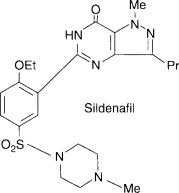
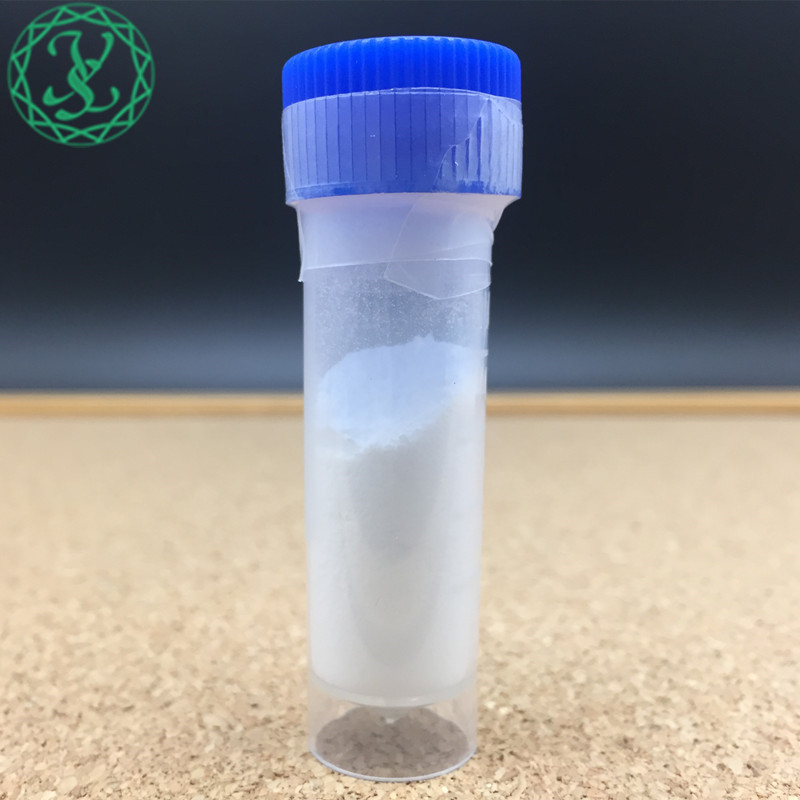
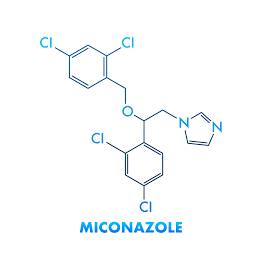











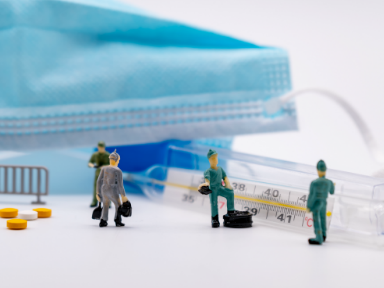

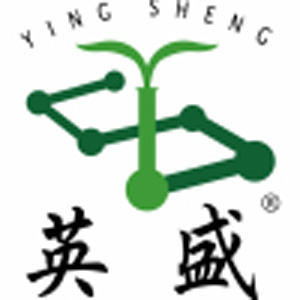

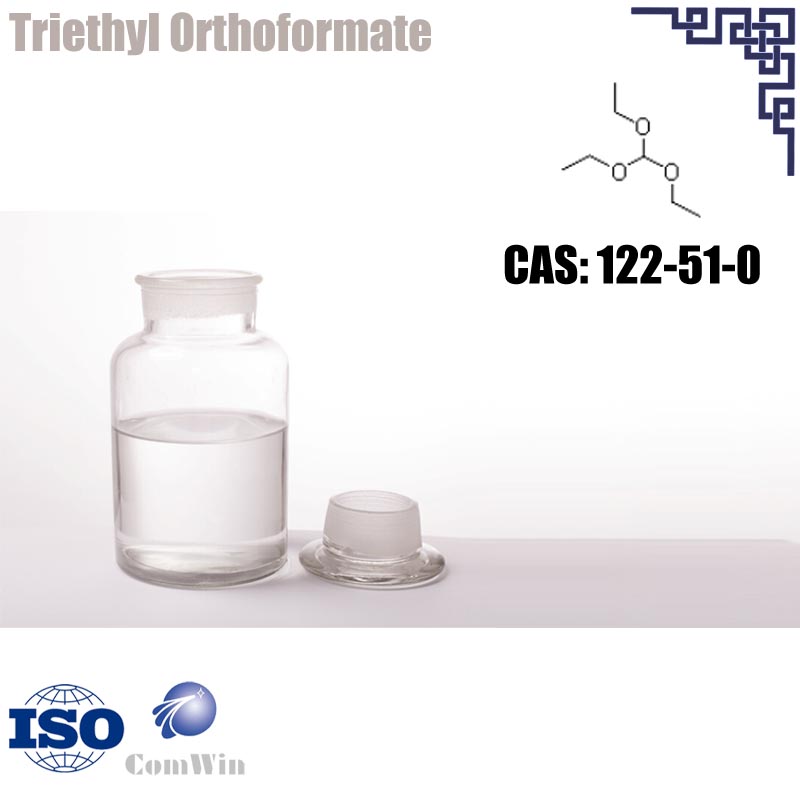



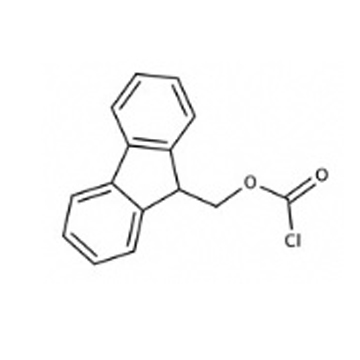





 Pharma Sources Insight January 2025
Pharma Sources Insight January 2025








